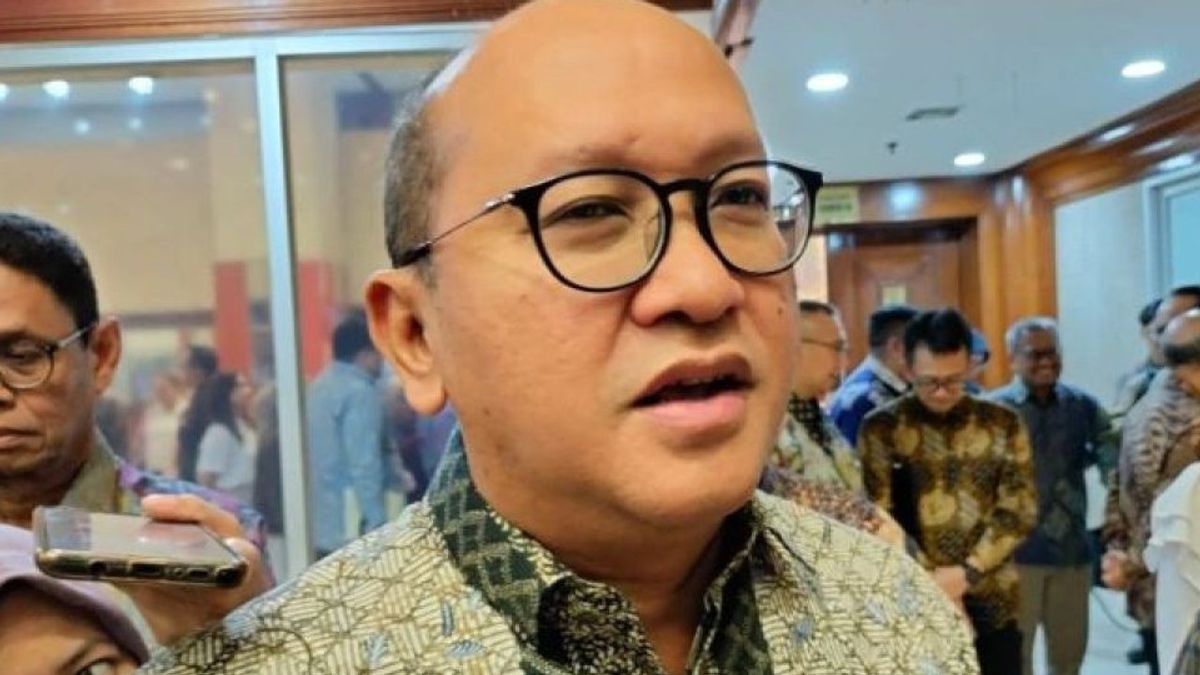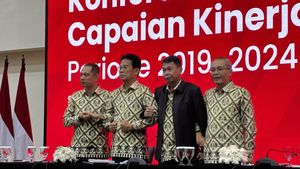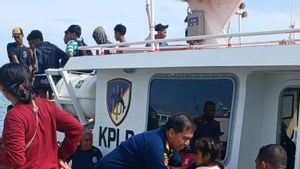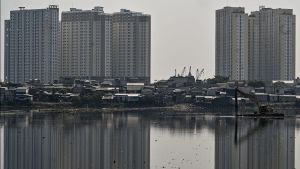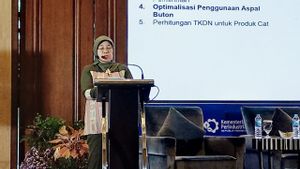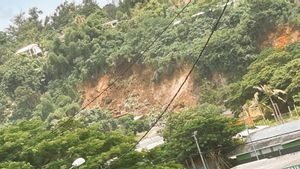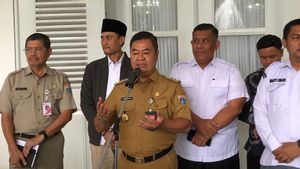JAKARTA - Minister of Investment and Downstreaming Rosan Perkasa Roeslani stated that the Indonesian government is now increasingly open to investment from abroad by reducing the number of industries that foreign investors cannot enter.
"We are becoming an increasingly open country. Our negative investment list has been revised since the end of 2021-2022, out of 100 industries that cannot be entered by foreigners, now only six industries cannot be entered by foreigners," said Rosan, in Jakarta, quoted from Antara, Monday 9 December.
The Indonesian government has also tried to simplify many rules, policies and regulations in order to accommodate investors better.
Rosan said that these efforts were made to help Indonesia achieve 8 percent economic growth as targeted by President Prabowo Subianto.
Investasi akan memegang peran yang sangat penting dalam bagaimana kita bisa mencapai pertumbuhan ekonomi 8 persen ini, selain konsumsi, katanya pula.
He said that currently national economic growth is supported by domestic consumption of around 53-54 percent, investment of around 24-25 percent, government spending of around 8-9 percent, while net exports of only about 2 percent.
Rosan stated that based on data from the Ministry of National Development Planning (PPN)/National Development Planning Agency (Bappenas), investment is needed of IDR 13,528 trillion (around 853.77 billion US dollars, exchange rate = IDR 15,845 per day) in 2025-2029 to realize the economic growth target.
The investment value is also projected to be able to absorb 3.47 million workers.
In addition to investment, the government is also trying to achieve economic growth by downstreaming various industries that have added value and have had a major impact on the national economy, such as mining, plantations, fisheries, and forestry.
BACA JUGA:
Rosan said that currently the government is mapping the potential for downstreaming and plans to downstream 28 commodities, including coal, nickel, gold, silver, cobalt, natural gas, rare earth metals, shrimp, seaweed, cocoa, and tilapia.
He stated that one of the government's priorities in downstreaming is the battery industry and electric vehicles that rely heavily on nickel.
His party also invited members of the European Chamber of Commerce (EuroCham) in Indonesia to work together to optimize the potential for downstreaming of these commodities.
"We are very open to discussing with EuroCham on how we can move forward and work together in downstreaming our commodities," he also said.
The English, Chinese, Japanese, Arabic, and French versions are automatically generated by the AI. So there may still be inaccuracies in translating, please always see Indonesian as our main language. (system supported by DigitalSiber.id)
